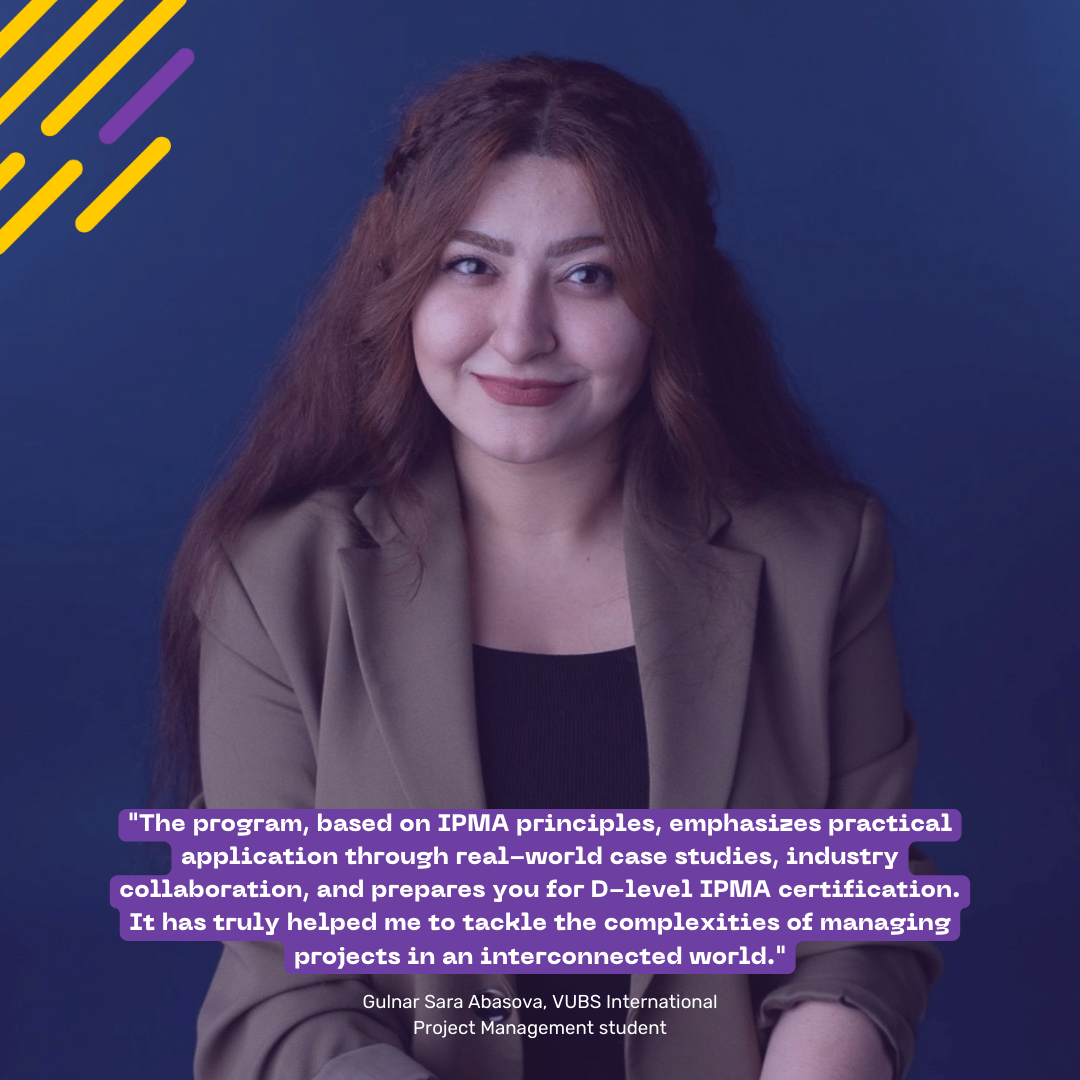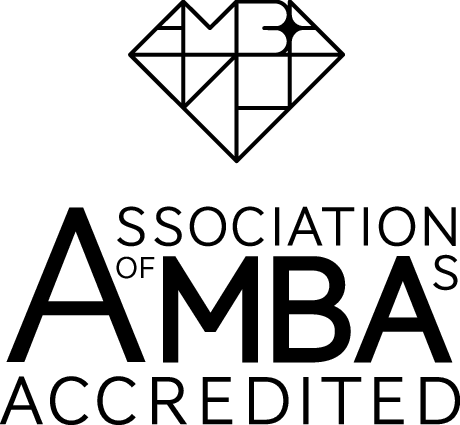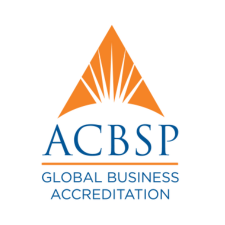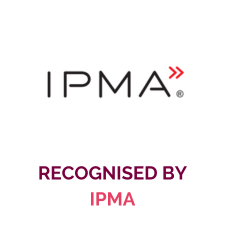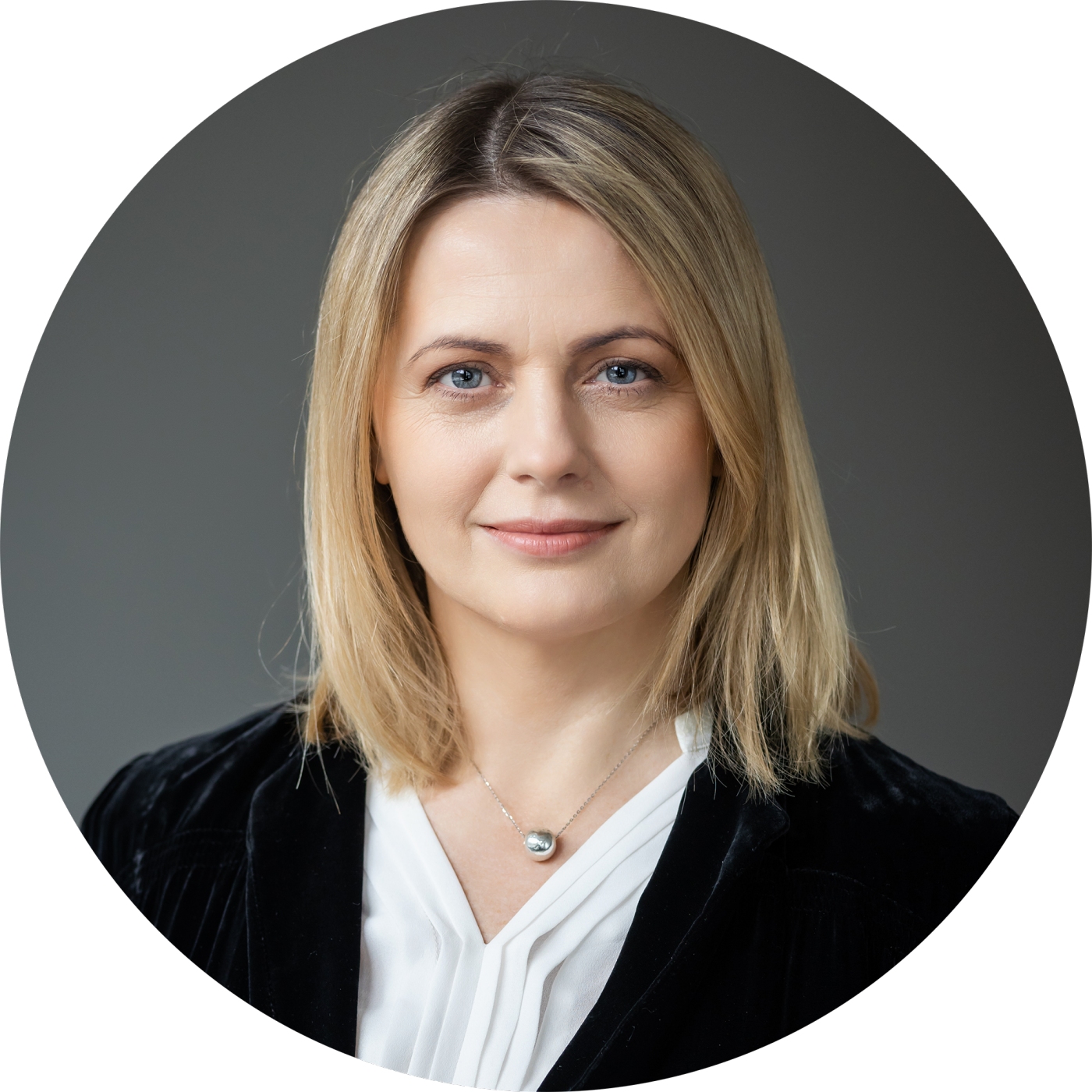About
Our aim is to prepare highly skilled Project Management professionals who will be able not only to create harmony in chaos but also be true leaders of teams in projects, programmes and portfolios in business and in the private sector. From smallest family businesses to biggest international projects. From talented managers to gifted leaders. This study programme focuses on problem-based teaching and learning methods. Here theory and practice go hand-in-hand.
We apply the analysis of practical examples, the independent individual and group tasks, discussions, simulations (role plays, action analysis within simulated situations). You will learn about the best practices from the best professionals in the IPM field.
Programme has been designed in close cooperation with Lithuanian Project Management Association. Project managers from business companies are taking active part in the programme.
VU Business school International Project Management Master's Degree Program has been recognised by the World's leading project management association IPMA!
It is stated, that our study program includes an extensive list of competencies defined in the International Competence Baseline published by IPMA. International Project Management master‘s program of Vilnius University Business School is the first recipient of IPMA REG registration in Lithuania and Baltic States! Logics of the programme is based on International Project Management Association (IPMA) Individual Competence Baseline. IPMA certificates are widely recognized in the global project management community.
Skills you will get
· PROJECT MANAGEMENT FROM A to Z. You will manage to set up a project organizational structure, prepare a Business Case, work with Project Board/Steering Committee.
· LEADING WORKING TEAMS. You will be able to form, manage, and lead project teams, take responsibility for their work quality and that of their subordinates as well as its evaluation.
· ANALYTICAL SKILLS. You will be able to analyze and critically evaluate a range of information related to your occupational field
· COMMUNICATION SKILLS. You will manage to communicate efficiently in a team, with colleagues of varying job position levels, business partners and customers.
· DECISION-MAKING. You will manage to efficiently analyze complex situations and make well-grounded decisions.
· REPRESENTATION. You will be able to represent the team and the organization.
· ETHICS. You will be able to apply ethical principles of business ethics in your performance.
Financial Support
VU BS students who enrolled during the 2025-2026 admission period (from the autumn semester of 2025) and study in non-state-funded places, the tuition fee may be reduced to the normative price for outstanding academic performance – if they complete the semester with a study average of no less than 9.5. Academic performance is reviewed each semester.
Study Program

Lectures are organized in a full-time study mode. Classes are delivered in intensive modules, usually 2–3 work days per week (Thursday, Friday, Saturday). Visiting Professors’ lectures are held on Fridays from 9:00 am to 4:00 pm or from 3:00 pm to 8:00 pm.
I Semester
| I SEMESTER |
| Mandatory Courses |
Lecturer |
| Project and Project Organization Operational Management (10 ECTS)
Students will gain theoretical knowledge about the main operational project management models, roles, responsibilities and functions and be able to explain the goals and methods of project team development, the role of project leadership. Students will be able to apply operational project management skills, especially focusing on the following competences: Project design, Requirements and objectives, Scope, Time, Procurement, Risk and opportunity as well as analyse the lessons learned in project work.
|

Associate Professor of Partnerships Karolis Mickevicius-Mėgelaitis
|
| Strategic Management (5 ECTS)
Students will be able to demonstrate knowledge and comprehension in fundamental concepts and theories in strategic management, develop skills to apply this knowledge to strengthen competitive advantages of companies. They will be capable to make key strategic decisions, to provide performance optimization recommendations as well as identify success criteria which will be used in strategic monitoring.
|

Associate Professor of Partnerships Eglė Daunienė
|
|
Organizational Project Management (5 ECTS)
Organizational Project Management links the execution of an organization’s strategies with the operational projects and portfolios that they carry out. This course is focused on the strategic and organizational elements of project management. It is concerned with how projects align with and deliver value to the organization, and how projects fit within the wider strategy of the organization, the course looks at why the projects are initiated. The aims of this course are to reposition projects as instruments for delivering value to their organizations and to fundamentally rethink the impact of users and the role of value in project ecosystems, consequently encouraging students to shape, structure and execute more meaningful, impactful and sustainable business initiatives in order to deliver more significant and longer lasting results and impacts through their future projects.
|

Professor PhD Darren Dalcher
|
|
Human Resources Management (5 ECTS)
Students will gain theoretical knowledge about the concepts of project Human resources management, its key features, principles, development, key areas and their role in project management, will gain competence in Human resource management specific to PM, including Personal communication, Leadership, Teamwork.
Students will demonstrate knowledge, comprehension of the role of Human Resources in building successfully working project teams and develop application of the following Key competence indicators: Choose communication styles and channels to meet the needs of the audience, situation and management level; Provide direction, coaching and mentoring to guide and improve the work of individuals and teams; Support, facilitate and review the development of the team and its members.
|

Professor of Partnerships PhD. Mantas Tvarijonavičius
|

Associate Professor of Partnerships Artūras Bučinskas
|
| Elective Courses |
|
Innovation and Change Management (5 ECTS)
Students will gain knowledge, apprehension and be able to explain the various factors of innovation management and their interrelationship. As well they will gain knowledge on lateral thinking (compared to a patterned way of thinking), be able to draw on and explain best practice in Innovation Management from European and local scenes and will gain practical skills in identifying opportunities to maximize growth and profitability, developing an innovation management plan and implementing all parts of an innovation management plan.
|

Associate professor dr. Eglė Radvilė
|
|
Digitization and IT solutions in Project Management (5 ECTS)
The aim of this course is to provide knowledge and skills in enterprise information system (Microsoft Project Web Access) design and possible usage for enterprise project and portfolio management solutions.
|
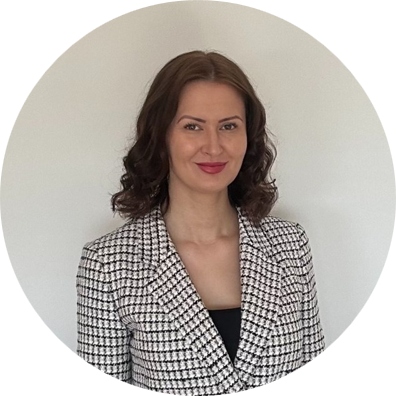
Lect. Lina Lelešienė
|
|
Lithuanian Language A I/II (5 ECTS)
This course is designed for beginners and aims to develop basic Lithuanian language skills (level A1.1). It focuses on real-life communication — from meeting people and navigating the city to ordering food and asking for directions. Students will practice all four key language skills: listening, speaking, reading, writing. In addition to language, the course also introduces aspects of Lithuanian culture and everyday life.
|

Lect. Giedrė Junčytė
|
II Semester
| II SEMESTER |
| Mandatory Courses |
|
Process & Quality Management (5 ECTS)
Students will be able to demonstrate knowledge, comprehension and application of the following Key competence indicators: Develop, monitor the implementation of, and revise a quality management plan for the project, Ensure quality throughout the project. As well as they will be able to demonstrate knowledge, comprehension and application at the advanced level of this KCI: Align with organisational vision and mission.
|

Associate Professor of Partnerships Artūras Kuliešas
|
|
Agile Project Management (5 ECTS)
Students will gain theoretical knowledge and practical aspects about Agile Project Management principles, methods and tools and be able to explain and analyze Agile Project Management principles in projects, especially focusing on the following competences: Scope, Time, and Teamwork.
Students will be able to demonstrate knowledge, comprehension and application of the following Key competence indicators using Agile approach: Structure the project scope; Define the work packages of the project; Establish and maintain scope configuration; Monitor progress against the schedule and make any necessary adjustments.
|

Lect. Skirmantas Gricius
|
|
Leadership and Team Work (5 ECTS)
Students will gain theoretical and practical knowledge in project leadership. Skills of vision building, nurturing collaboration, promoting performance, cultivating learning and ensuring results for project success will be developed. Personal leadership motivation, sources of power, qualities, styles will be analysed. Team development and dynamics, effective communication and conflict management within the project teams will be discussed and explored. Leadership effectiveness criteria will be explained and applied to practical situations.
|
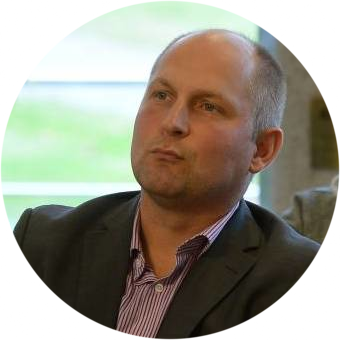
Associate professor PhD. Andrius Valickas
|
|
Research Methods (10 ECTS)
The course introduces quantitative and qualitative research for the social sciences with emphasis on project management. It gives an overview of the main parts of scientific research, essential approaches to quantitative and qualitative data collection/generation and explores the basics of sampling, quantitative and qualitative data analysis. Significant part of the course consists of practical work allowing the students to gain a hand-on experience in developing of research proposal.
|
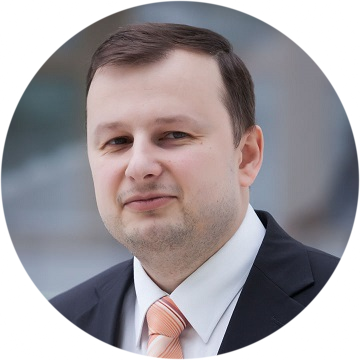
Associate Professor of Partnerships Petras Dubinskas
|
| Elective Courses |
|
Lithuanian Language A II/II (5 ECTS)
The aim of the continuous course is to develop knowledge and skills in Lithuanian grammar, vocabulary, reading and listening comprehension, spoken and written communication at A1.2 level (according to the BEKM), as well as basic pragmatic and sociolinguistic competences.
|

Lect. Giedrė Junčytė
|
|
Project Financial, Procurement and Contract Management (5 ECTS)
The aim of the "Project Financial, Procurement, and Contract Management" module is to offer a comprehensive set of procedures and tools for effectively overseeing the financial aspects, procurement activities, and contractual obligations within a project. This module encompasses financial management, which involves monitoring project budgets, expenses, revenue, and cash flow. It includes the creation of financial forecasts, tracking actual expenditures in relation to budgets, and ensuring financial transparency and accountability throughout the project's lifespan. Additionally, it covers procurement management, which entails facilitating the procurement process by identifying suppliers or vendors, issuing requests for proposals or bids, evaluating proposals, negotiating contracts, and managing supplier relationships. It also encompasses contract management, which involves handling the entire lifecycle of contracts from their creation to execution and closure. This includes drafting contracts, negotiating terms and conditions, monitoring contract milestones and obligations, assessing performance, and managing contract changes or disputes.
|
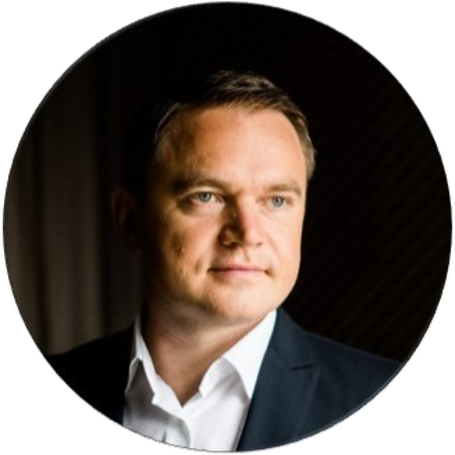
Lect. Janis Paksis
|
|
Advanced Creative Thinking & Communication (5 ECTS)
The Advanced Creative Thinking & Communication course is offered in collaboration between Vilnius University Business School and Kaospilot. It is designed to help individuals who are ready to transform how they approach problems. This program will help you unlock your creative potential, equipping you with fresh perspectives and the ability to challenge conventional thinking. It offers a playful yet structured approach to nurturing creativity, allowing you to push your organisation or personal endeavours to new heights.
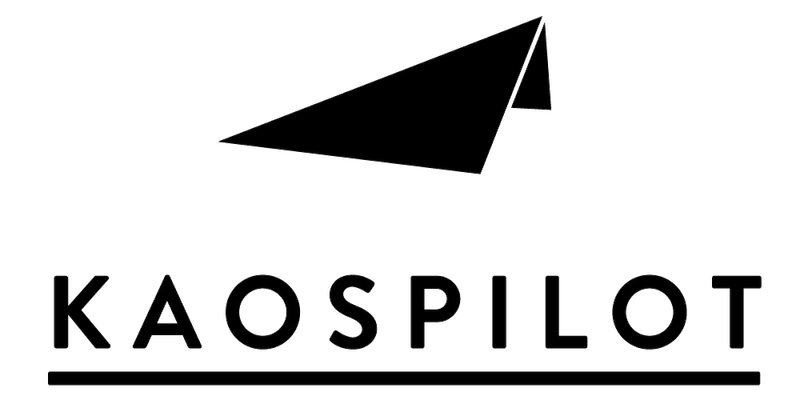
Powered by
|

Professor PhD. Christian Byrge
|

Lect. Dennis Dybdal
|
III Semester
| III SEMESTER |
| Mandatory (Online) |
| Scientific Research Work (Theoretical part) (10 ECTS) |
Supervisors |
| Master Thesis: Final Part (20 ECTS) |
Supervisors |
Admission
| General admission requirements and selection criteria |
|
● Bachelor`s degree (university diploma) in Business and Management or in Management and Business Administration or Economics.
● Bachelor`s degree (university diploma) or equivalent, and have at least 20 credits in business and / or economics.
● Bachelor's degree or an equivalent university diploma in another field and have at least one years work experience related to the desired/intended study program.*
● Bachelor`s degree (colege diploma) in Business and Management or in Management and Business Administration or Economics with not less than 8 weighted average and have at least one years work experience related to the desired/intended study program.*
* For Lithuanian applicants only
|
| For all Lithuanian and EU applicants |
|
Structure of the competitive score:
VS*0,5 + D*0,5
VS – the average of diploma appendix (appendix) grades, except for graduation thesis and/or final exam (s).
D - grade of the final thesis and/or final exam (average grade) or average final examination grade.
|
| For International applicants |
|
● English language proficiency:
- the level not lower than B2 (following the Common European Framework of Reference for Languages (CEFR).
- If your first language is English and/or if you have a university degree in English, you will be exempt from providing an English language test score.
● Applicants with an overall grade average of at least 70% are eligible for admission.
● For non-EU/EFTA applicants: the gap since you completed Bachelor degree should not exceed five years.
● If qualifications match the program, the applicant will receive an invitation to pre-record a video interview. More details will be provided during the application.*
● Applicants from Bangladesh, Nepal and Pakistan must submit OMPT-A (Online Mathematics Placement Test) Certificate (minimum passing grade – 55%). More information can be found HERE.
* The Vilnius University Business School Admission Committee might invite their candidate for a face-to-face interview.
|

Financing
| TYPE OF STUDY FINANCING FORM |
TUITION FEE/SEMESTER |
| Own-funded study place for non-EU/EFTA countries* |
3275 Eur |
| Own-funded study place for EU/EFTA, Ukraine, and for graduates of other Lithuanian universities* |
2725 Eur |
Own-funded study place for VU/VUIBS alumni/VU
Exchange students |
2345 Eur |
* The standard tuition fee (2345 Eur) applies to students admitted in the 2025/2026 academic year who complete their first autumn semester with a GPA of at least 95%. Academic performance is reviewed individually each semester.
During their studies, students may apply for VU Business School scholarships, social, incentive scholarships, and others. The information is announced every year through Business School communication channels.
Students who finish a semester at VU BS with a perfect GPA (10.0) are granted up to 1000 EUR excellence scholarship. This scholarship can be earned every semester – excellence is rewarded continuously.
Be among the TOP 5 STUDENTS in your program (based on admission score or GPA for international students) and study for the regular tuition fee. Both Lithuanian and international applicants compete in the same ranking.
Academic counceling
At VU Business School we pay a lot of attention to students' academic counseling. If you have any questions during your studies, you can contact your study coordinator to solve any problem or just to talk.
During the studies, all relevant information will be delivered by the study coordinator.
Please meet the study coordinator for this study program:
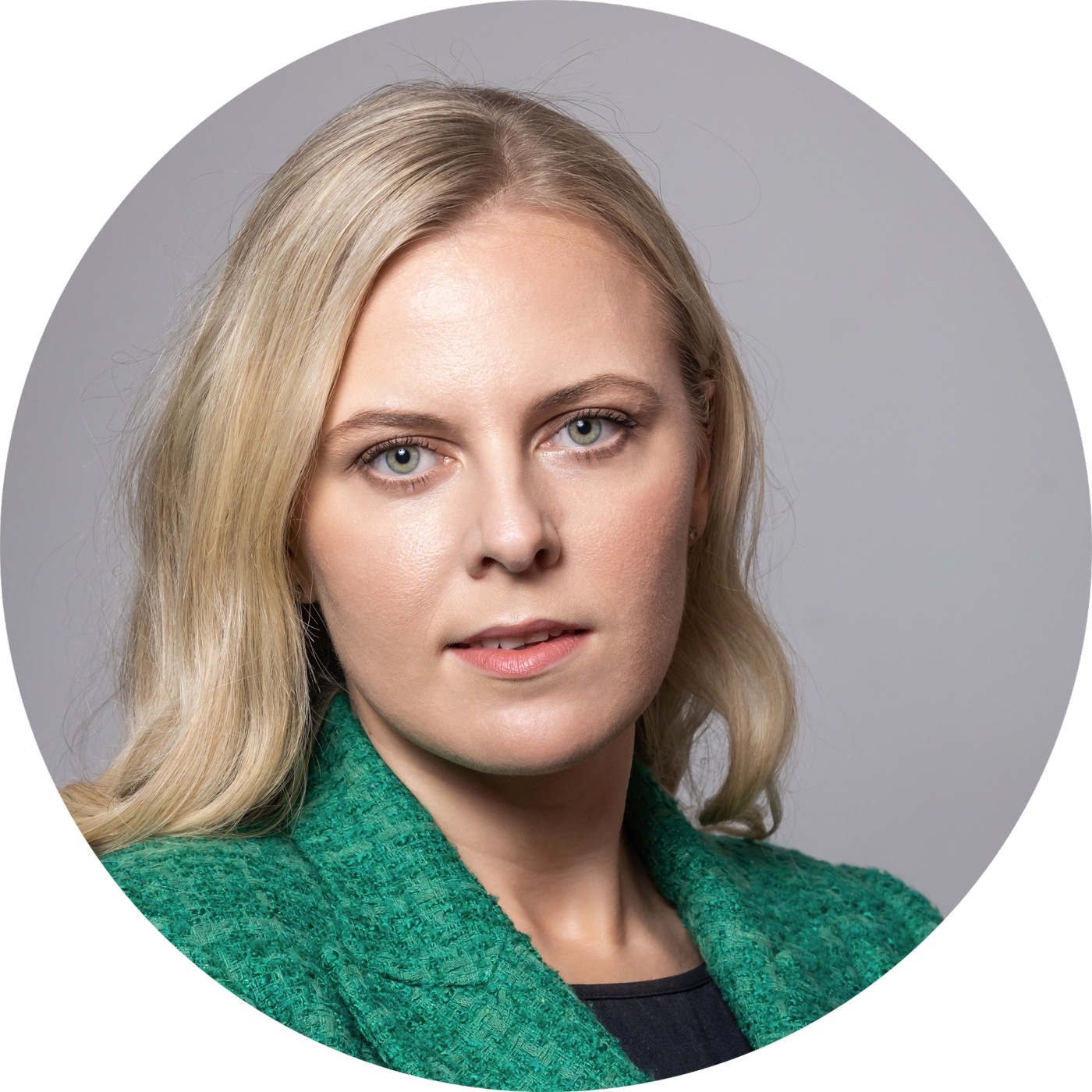 |
Laura Staponė
tel. +370 673 17 648

|
Diploma & IPMA certificate
VU Business school International Project Management Master's Degree Program has been recognised by the World's leading project management association IPMA!
It is stated, that our study program includes an extensive list of competencies defined in the International Competence Baseline published by IPMA. International Project Management master‘s program of Vilnius University Business School is the first recipient of IPMA REG registration in Lithuania and Baltic States!
Logics of the programme is based on International Project Management Association (IPMA) Individual Competence Baseline. IPMA certificates are widely recognized in the global project management community.
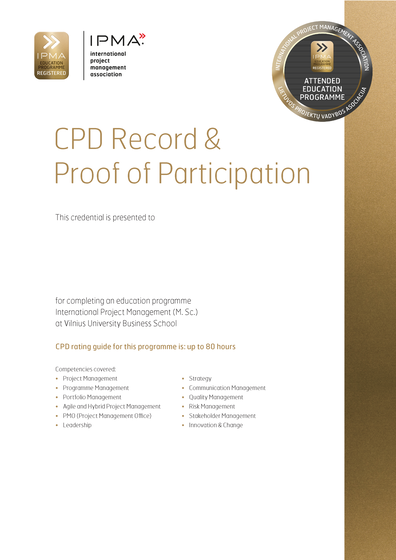
University studies shall be completed when all requirements of the chosen full-time study programme are fulfilled. Graduates of University study shall receive a diploma certifying hereof.
If students fulfil the first and second cycle full-time study programmes with especially high results, they are issued a special CUM LAUDE diploma. If students fulfil the second cycle full-time study programme or the integrated study programme with especially high results and have distinct scientific competence, they are issued a special MAGNA CUM LAUDE diploma.
Diploma Supplement which identifies study subjects, their content and results, is issued together with diploma. Diploma Supplement is a document that complies with the model agreed by the European Commission, the Council of Europe and UNESCO/CEPES; it supplements a higher education, Master or Bachelor diploma with the data required for international academic and professional recognition, provides description of the nature and contents of the studies completed by its holder and gives details on the national higher education system.
Diploma Supplement is produced in Lithuanian and English and is issued to all graduates since 2006 automatically and free of charge as an integral part of diploma.
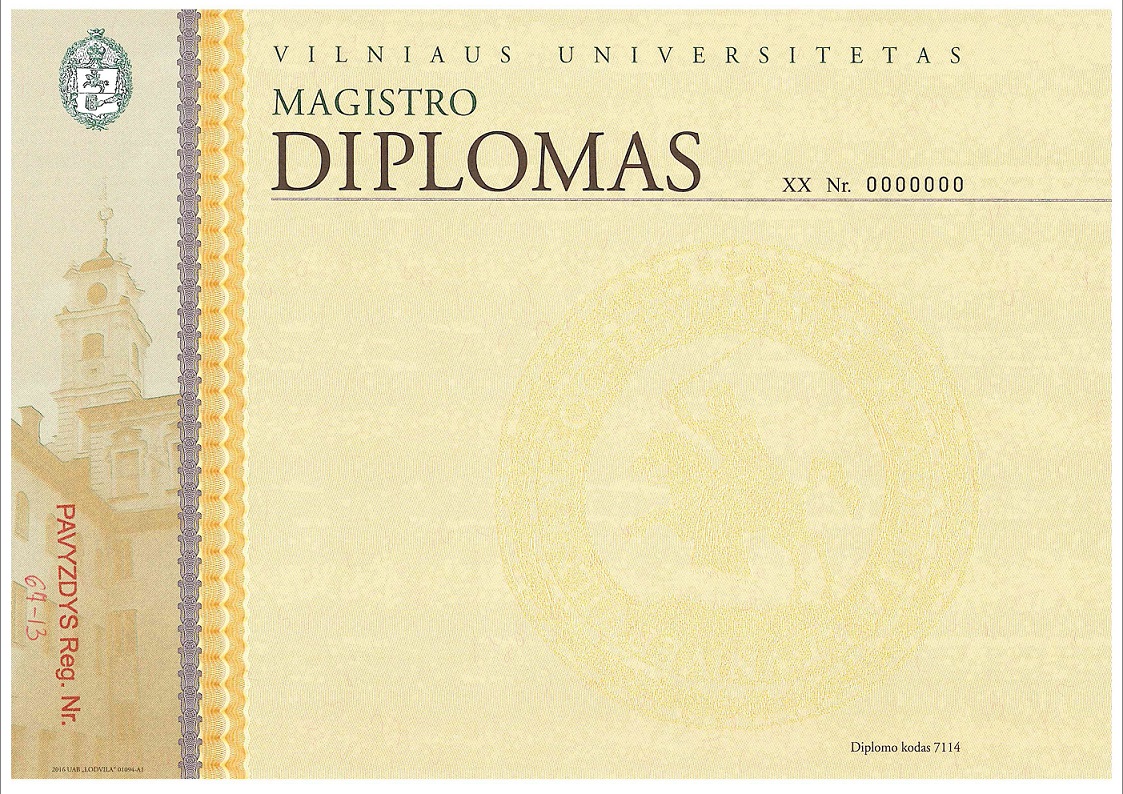
Reviews
Alina Panasiuk

Gulnar Sara Abasova
